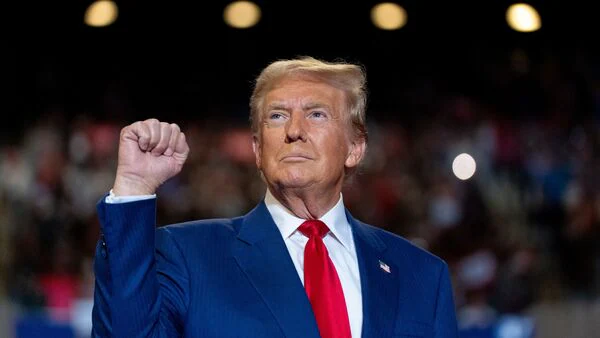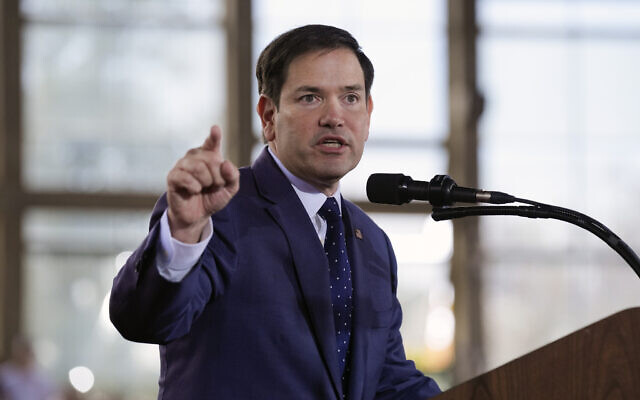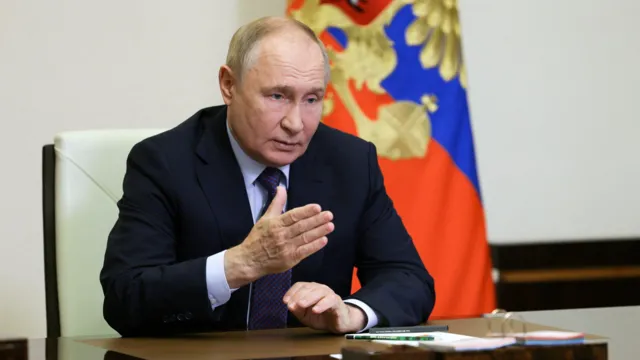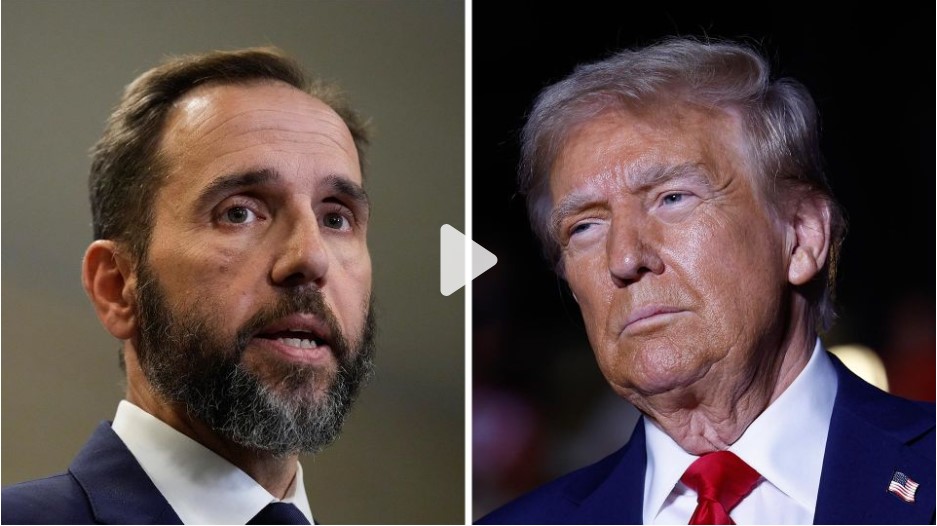Ukrainian officials and the possibility of a Donald Trump victory
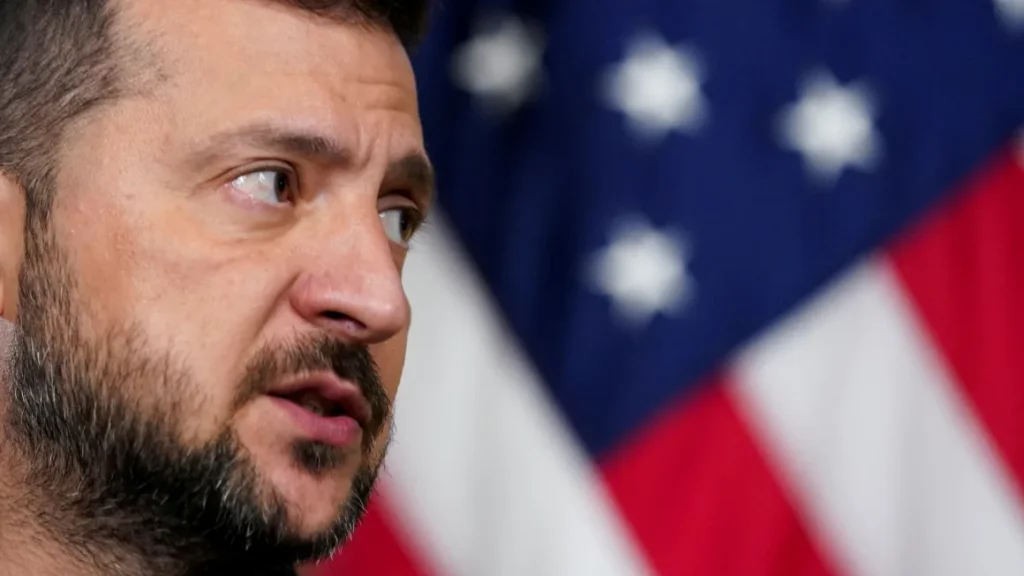
For months, Ukrainian officials and their NATO allies had been preparing for the possibility of a Donald Trump victory in the 2024 U.S. presidential election. They debated various scenarios, wondering whether Trump could be a more effective, even tougher, ally, a dealmaker who might broker a favorable peace, or a leader who would bring fresh ideas to end the long and exhausting war with Russia. Ultimately, these scenarios were comforting but speculative; the reality of a Trump presidency is likely to be far more troubling for Ukraine.
As of November 2024, the future of Ukraine’s war effort under a potential Trump administration is becoming clearer. The harsh reality is that Trump, despite his rhetoric, may not be a reliable partner for Ukraine in its struggle against Russia. In the past, Trump has made sweeping claims, including his assertion that he could end the war “in 24 hours,” though he has never provided specifics on how he would achieve that. He has also criticized Ukrainian President Volodymyr Zelensky, suggesting that the war never should have started and calling him “one of the greatest salesmen” for securing U.S. military aid, which has totaled more than $100 billion. These exaggerated comments are no longer mere words—they are likely to shape Trump’s approach to the conflict if he assumes office.
What is clear is that Trump’s presidency would bring about a significant shift in U.S. foreign policy, especially toward Ukraine. While it is possible that Trump could appoint cabinet members who temper his more extreme instincts, the overarching theme is one of withdrawal and disengagement from foreign entanglements. This aligns with Trump’s longstanding aversion to U.S. military involvement abroad and his tendency to appease Russian President Vladimir Putin. From a strategic standpoint, the war in Ukraine has provided the Pentagon with a relatively low-cost opportunity to weaken Russia, without any direct American casualties. Yet, for Trump, this is irrelevant. His priorities lie in scaling back U.S. military commitments and in reducing tensions with Russia, a country he has often admired.
Moscow, for its part, has been positioning itself for the worst-case scenario—namely, the re-election of Trump. The Kremlin has made clear that U.S.-Russia relations cannot deteriorate much further under President Joe Biden. As of late 2024, Russia’s forces have been intensifying their push to control key territories in Ukraine’s Donbas region, including cities like Pokrovsk, Kurakhove, and Chasiv Yar. If Russian forces succeed in capturing Donetsk, they could be in a position to launch a direct assault on cities like Dnipro and Zaporizhzhia, which would leave Kyiv dangerously exposed. This shift could change the trajectory of the war, possibly tipping the balance in Russia’s favor.
However, time is running out for Moscow. Despite its recent gains, Russia’s military is facing significant challenges. Its casualty rate is reportedly around 1,200 soldiers killed or wounded per day, and the Russian military’s ability to sustain such losses without another round of unpopular mobilizations is in doubt. In addition, the Kremlin is struggling with production shortages in key areas such as armor and ammunition, which could further undermine its war effort.
In this context, Putin has likely placed his bets on Trump winning the presidency, counting on the former president’s instinct for isolationism and his deep skepticism of NATO and America’s alliances. The coming year is set to be a critical one, with Ukraine’s future and the stability of European security hanging in the balance. If Trump takes office, it’s clear that U.S. support for Ukraine could dwindle, leaving Kyiv facing a far more uncertain and perilous future.



